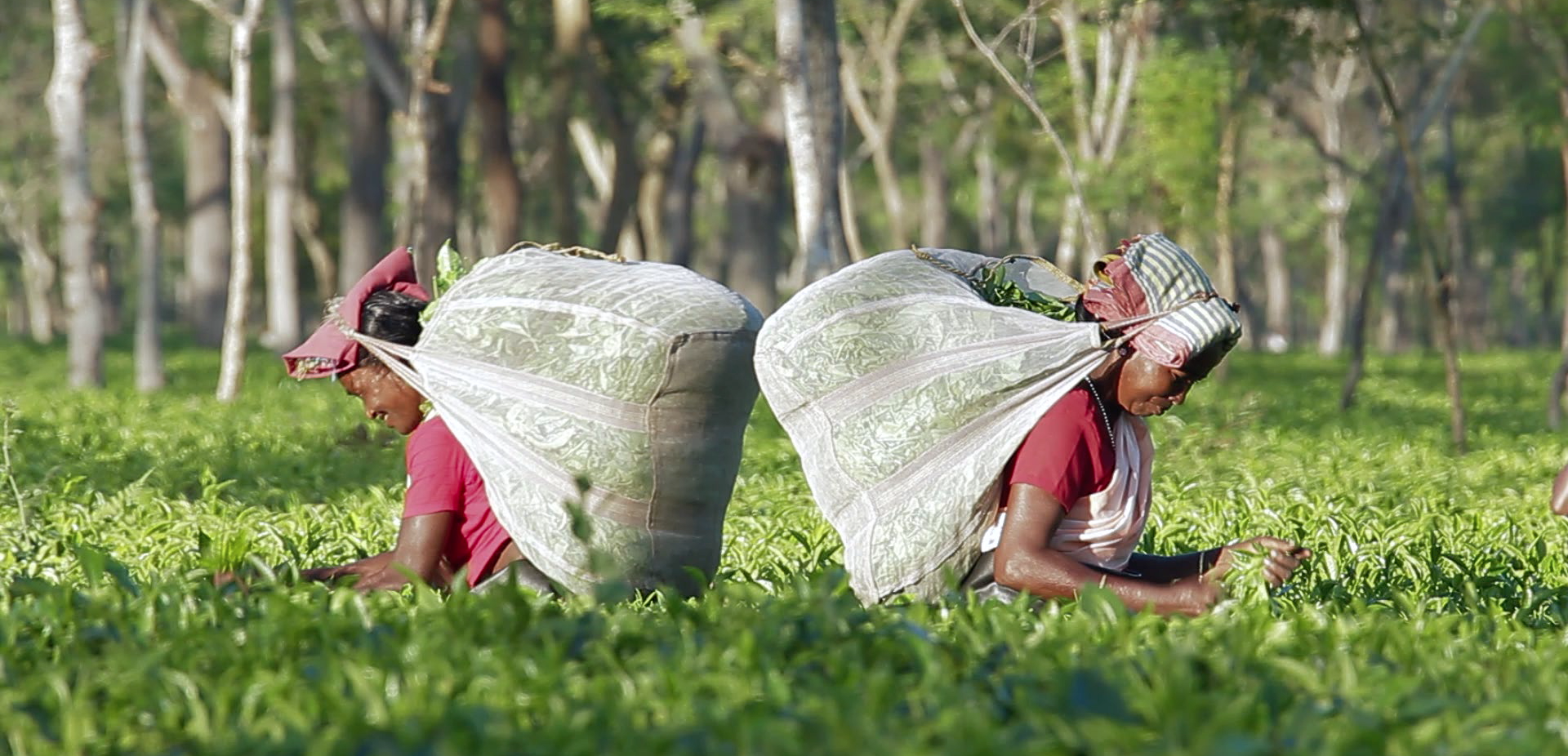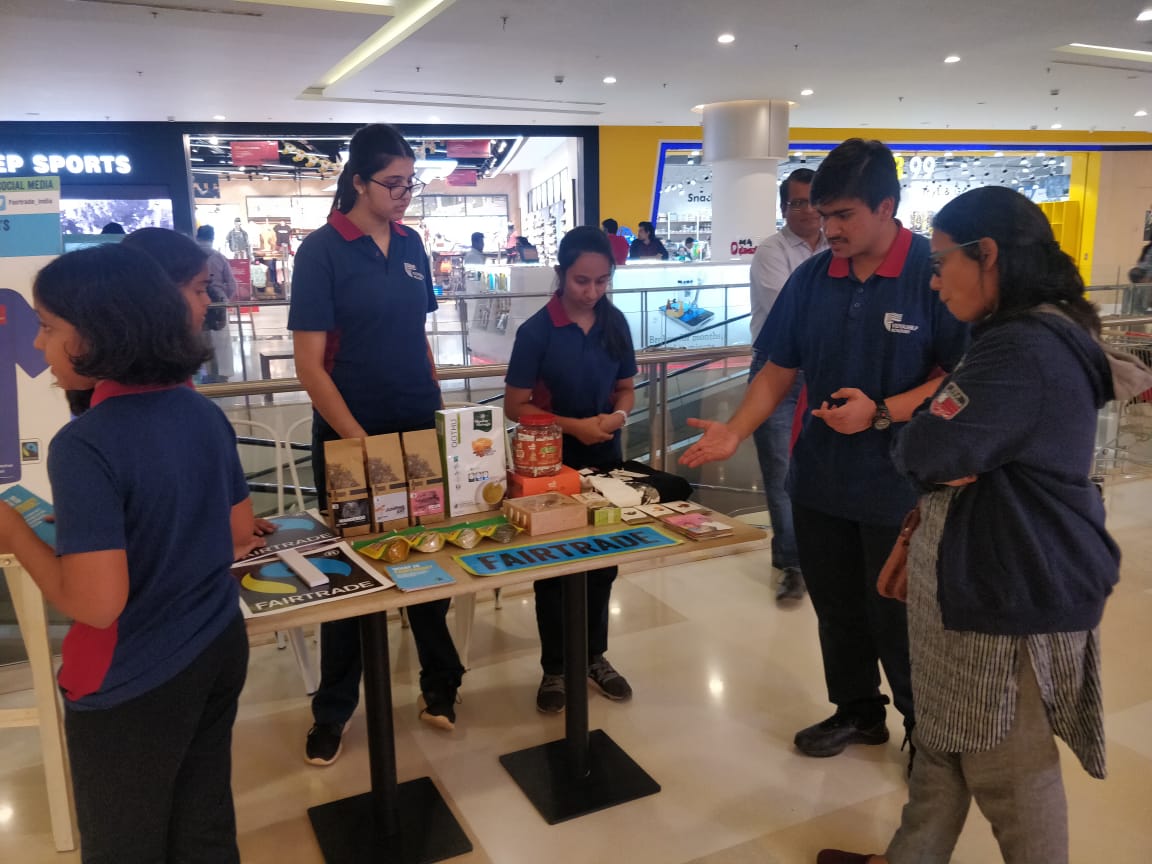
For the Stage II Award, students learn about Fairtrade and start taking small but strong actions for Fairtrade; the three steps from 4-6 will guide you through this process. Before embarking on the Stage II award journey, schools should review the Action Plan and update the events, assemblies, peer-to-peer learning opportunities. The award is recognised for a year; after the stage II award, schools should consider working towards Stage III.

Students learn how Fairtrade is a sustainable approach that can bring systematic economic, social, and environmental benefits to farmers and their communities.
Students learn about Fairtrade through classroom dialogues and different subjects under the existing curriculum; along with understanding Sustainable Development Goals (SDGs), Fairtrade's social and environmental sustainability standards and the importance of Fairtrade's role in empowering farmers and achieving SDGs.
Outcome : Students understand the need and importance of Fairtrade's sustainable approach to bring systematic economic, social, and environmental benefits to farmers and their communities.

Organise a campaign in your school or digitally to inform, educate and communicate with others about Fairtrade's values such as fairness, justice and equality; it's role in combating child and forced labour, climate change concerns and how everyone has a role to play towards responsible consumption to empower farmers and workers.
Outcome : Students learn how to plan and organise a campaign, engage and communicate with their community and build solidarity for the movement and the vulnerable farmers and workers across the country.

Take the first step towards responsible consumption. The steering committee investigates, presents the school administration the different Fairtrade products that might be used in school, and convinces them to commit to the Fairtrade Labelled product in either as a one-off part of a special event or through making a minor commitment to the institution’s purchasing.
Outcome : Students demonstrate how small commitments to responsible consumption can be made and the need for it.